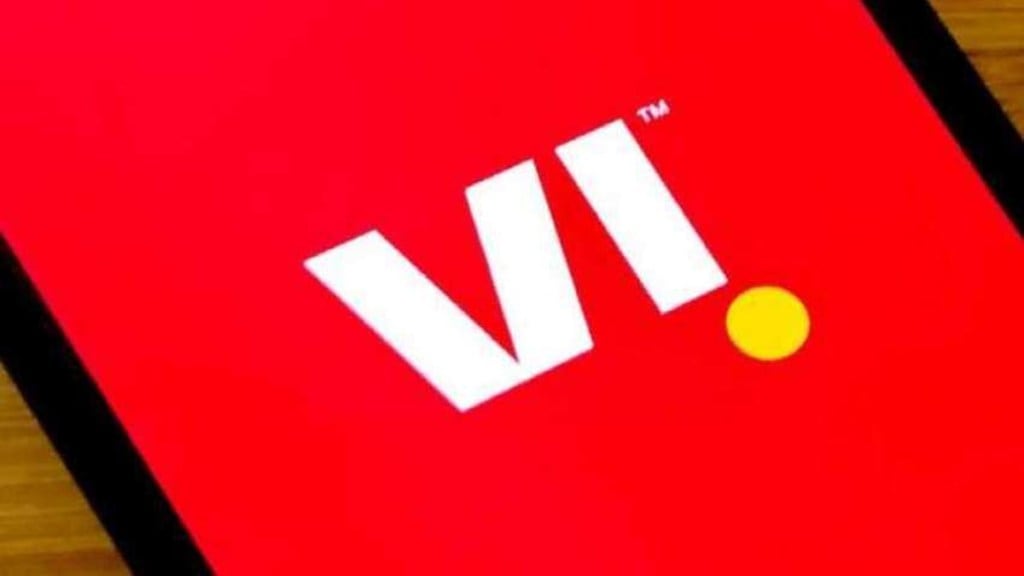The Supreme Court on Monday dismissed pleas by telecom majors Vodafone Idea, Bharti Airtel, and Tata Teleservices seeking waiver of interest, penalties, and interest on penalties related to adjusted gross revenue (AGR) dues, shutting the final judicial door on a dispute that has lingered for years. The combined relief sought by Vodafone Idea and Bharti Airtel alone amounted to over Rs 80,000 crore.
The development saw Vodafone Idea’s shares slumping 8.68% to close at Rs 6.73 on the BSE. During the day, it tumbled 12.21% to Rs 6.47.
However, while refusing the relief, the SC said that it would not stand in the way if the government wished to extend assistance to the telecom companies. “If the government wants to help you, let them. We are not coming in the way,” the bench remarked.
Industry analysts said that the apex court’s refusal to provide relief now squarely places the burden on the government to act, especially as it confronts conflicting imperatives. On one hand, it must ensure fair competition and avoid appearing to favour one player over another. On the other, it needs to acknowledge the structural vulnerabilities of Vodafone Idea and the potential systemic risk its collapse could pose. The government’s earlier plan to waive 50% of interest and all penalties, which could have reduced Vodafone Idea’s dues by Rs 52,000 crore and Airtel’s by Rs 38,000 crore, which was not taken forward, may be revived again, sources said.
Officials said that even the insolvency process is inadequate for the telecom sector, with spectrum disputes stalling past resolutions of Aircel and Reliance Communications. The government has little to gain from allowing Vodafone Idea to slip into bankruptcy, where over 80% of its dues, which are owed to the government, could be locked up indefinitely.
With the four-year moratorium on spectrum and AGR dues ending in September 2025, the government needs to act fast. Post-March 2026, both Vodafone Idea and Airtel will need to begin annual payments of Rs 18,000–20,000 crore. Industry analysts have said that without financial or policy intervention soon, Vodafone Idea could face an existential crisis in the latter half of FY26.
Meanwhile, on Monday a bench comprising Justices J B Pardiwala and R Mahadevan called the writ petitions seeking relief “misconceived” and expressed surprise that a multinational company would continue to seek relief on an issue already settled in law. In a strong rebuke, the bench said, “We are really shocked by these petitions… Really disturbed. It is not expected of a multinational company”. The apex court also refused to entertain Vodafone Idea’s attempt to withdraw the plea, which makes it clear that it would not allow its 2021 ruling to be diluted through repeated litigation.
For Vodafone Idea, the ruling comes as a major setback and deepens the financial crisis it has been facing. The company has warned that without relief, it will not be able to meet its annual AGR obligations of Rs 18,000 crore starting FY26, an amount which is nearly double its current operational cash flow of Rs 9,200 crore. It has already paid around Rs 8,000 crore but faces a total AGR liability of Rs 83,400 crore, including interest, penalties, and interest on penalties. The principal amount of Rs 12,797 crore was not contested by the company in its writ petition, but it added that the compounded charges are unsustainable and could drive it to collapse.
Vodafone Idea’s plea had sought a waiver of Rs 45,457 crore, and proposed staggered payments of the principal over 20 years, including a five-year moratorium. The government now holds a 48.99% stake in the company, and therefore it has a direct role in ensuring the company’s survival. The firm’s inability to raise debt since 2019, combined with promoters’ stated unwillingness to infuse more capital, has left it in a precarious position. Without fresh investments, the company says it cannot upgrade its network or compete effectively, threatening not just its own survival but also the market structure.
Bharti Airtel, along with its unit Bharti Hexacom, had also approached the court with a similar request to waive Rs 34,745 crore of its total AGR dues of Rs 43,980 crore.
